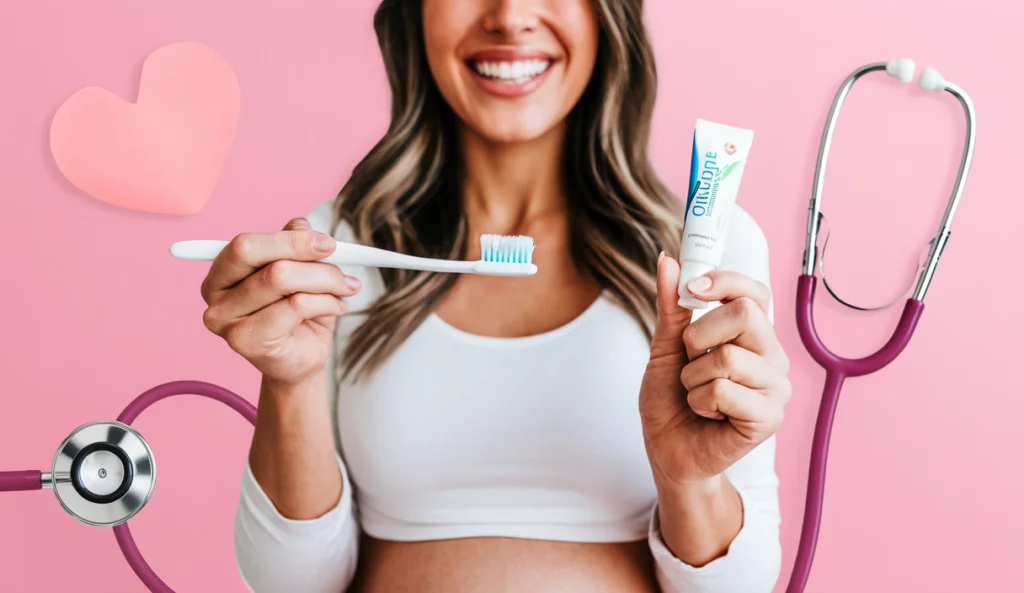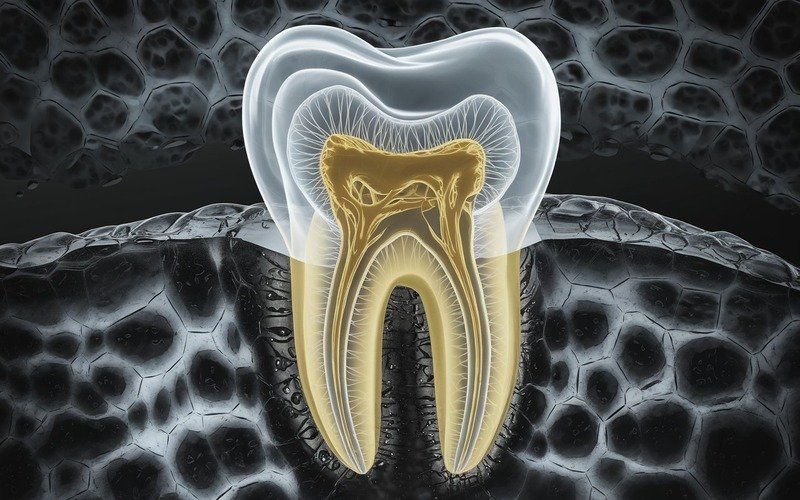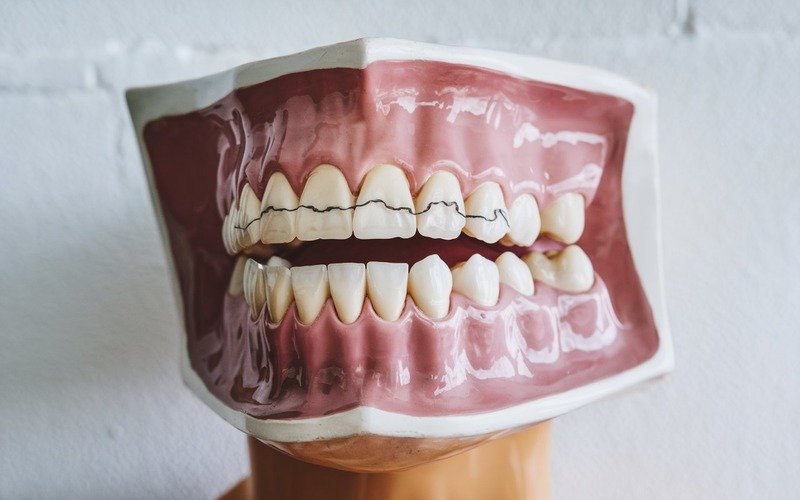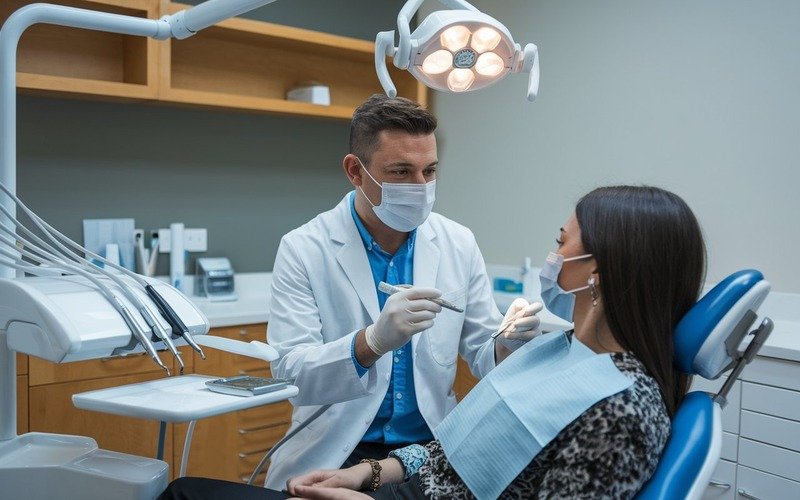
You’re expecting a baby, and suddenly everything feels different. Your body is changing, your emotions are all over the place, and now you’re noticing something weird happening with your teeth and gums. Maybe your gums bleed when you brush, or your mouth feels more sensitive than ever.
What’s going on? Pregnancy isn’t just about baby clothes and nursery colors-it’s a total body transformation. Your oral health is about to go on quite a journey, and understanding what’s happening can make a huge difference in your overall well-being.
Why Pregnancy Turns Your Mouth Into a Hormone Rollercoaster?
There is something most expectant mothers don’t know: pregnancy can completely throw your oral health for a loop. The hormonal changes you go through during a nine-month adventure are akin to some of the most serious roller coasters.
And your mouth is definitely along for the ride. Let’s take Sarah, for example: She is a first-time mom, and she was really taken aback when her gums became so sensitive that they would bleed during brushing.
Hormonal Changes and Oral Health
Your oral health can be affected by the storm of rising estrogen and progesterone. When you become pregnant, the levels of these hormones reach astronomical heights, which in turn causes your body to maintain a state of heightened blood flow.
This might sound benign or even healthy, but it’s really at the core of why many pregnant patients experience a whole new realm of gum issues and suffer from gum disease exacerbated by these hormones. In other words, your gums are more likely to be angry, swollen, and bleed if you are pregnant, and that’s not good at all.
You May Like: How Often Should I Get A Dental Cleaning? (In 2025)
Pregnancy Gingivitis: The Unexpected Dental Challenge
Most individuals are unaware of this: pregnancy gingivitis impacts approximately 75% of women who are expecting. The increased hormones associated with pregnancy put the expectant mother’s gums in an incredibly vulnerable state, making them much more susceptible to the bacteria that cause inflammation, which can be both uncomfortable and concerning.
The appearance of your gums can change significantly from the normal state to the puffy, dark red, easy-bleeding condition that characterizes pregnancy gingivitis.
The heightened blood flow that accompanies pregnancy makes the gum tissues more sensitive, and they can swell as a result. This is not an indication that the person is doing anything wrong; rather, it’s a response that’s unique to some bodies during gestation.
The posturing in front of the mirror makes it seem as though pregnancy is a time for poor oral hygiene. It’s yet another reminder that the outside doesn’t always reflect the inside, and that’s especially true when it comes to gum health.
Regular dental visits take on a new and crucial meaning during this period. If you’re concerned, consider consulting experts at LifeWorks Dental for professional guidance.
Morning Sickness and Your Teeth: More Than Just Uncomfortable
Consequently, what does this mean for your dental health? An added challenge to your oral hygiene is vomiting-that during morning sickness can cause significant and noticeable damage to your teeth.
The harshness of the upchucked gastric juices that serve no pretty purpose can be countered, to some extent, with the use of a toothbrush and toothpaste. You should use these props not directly after the vomit punch, but rather after waiting a prudent period of time followed up with a generous rinsing of your mouth with water.
Following an episode of vomiting, do not brush your teeth right away. Rinse your mouth with a solution of water and a teaspoon of baking soda to neutralize the acid.
Then, wait about half an hour before brushing to avoid damaging your enamel any further. Keep sugar-free antacids on hand and make sure you’re drinking enough water to control the amount of acid coming up and to keep your teeth safe in the event of a minor eruption.
Nutrition: Eating for Two (Including Your Teeth)
The critical role of your diet in the development of your baby and your oral health cannot be overstated. It is a direct influence that you have over two significant aspects of life. What you eat determines what will happen to your offspring’s health, as well as your own.
Right now, your baby and your teeth have common nutritional needs. Both require calcium and vitamin D, nutrients that support tooth and bone development.
What you consume has a bearing on not only your health but also the dental development of your children. Surprisingly, good or bad dental nutrition affects your child’s future dental development. Nutrients like calcium, phosphorus, and vitamin D help form your baby’s emerging tooth buds, even before they’re visible.
When to Call a Dentist: Red Flags to Watch For
Some changes in oral health during pregnancy need immediate professional attention. Be on the lookout for:
- Gums that bleed persistently
- Teeth that have severe pain
- Gums that are significantly swollen
- Bumps or growths that are unusual
- Breath that is consistently bad
Your total health and your oral health are directly connected, especially during pregnancy. If your mouth is not healthy, it increases the risk for poor pregnancy outcomes, like preterm birth. If anything feels off with your dental health, don’t wait. Call your dentist near Google Maps location, and get the help you need.
Final Words
Pregnancy is a wild ride, and your mouth is along for the journey. By staying informed and proactive, you can navigate these oral health changes with confidence. Remember, taking care of yourself means taking care of your baby-and that includes those pearly whites.
Don’t panic about every little change. Most pregnancy-related oral health issues are manageable with good hygiene, proper nutrition, and regular dental check-ups.
Your body is doing amazing work, and a little extra care goes a long way. Talk to your dentist about a pregnancy-friendly oral health plan. Schedule a check-up, ask questions, and stay informed. Your future self (and your baby) will thank you.



